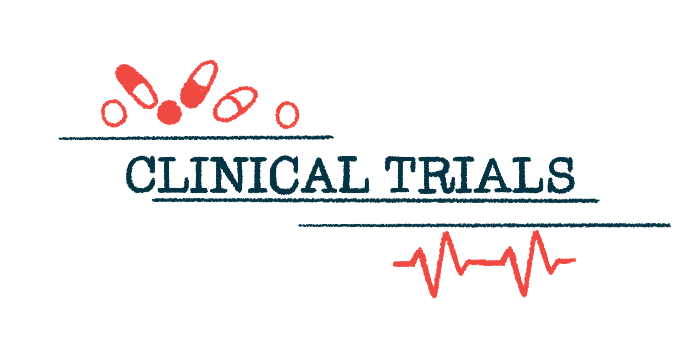Phase 4 trial to assess if high cortisol levels common with type 2 diabetes
Korlym then may be given to adults with hard-to-treat diabetes, hypercortisolism
Written by |

A Phase 4 clinical trial will assess the prevalence of excessive cortisol, or hypercortisolism, in people with difficult-to-treat type 2 diabetes, and the effectiveness of Korlym (mifepristone) in lowering cortisol levels, Corcept Therapeutics announced.
The two-part, placebo-controlled CATALYST (NCT05772169) study is expected to enroll up to 1,000 adults, ages 18 to 80, at about 30 sites across the U.S. While site locations are not yet specified, contact information is available.
Hypercortisolism is the hallmark of Cushing’s syndrome — a group of conditions, including Cushing’s disease, in which the hormone cortisol rises to unhealthy levels due to various factors.
Trial opens with evaluation of incidence, followed by treatment
Disease symptoms vary, but high blood sugar and diabetes can be common in people with Cushing’s syndrome, along with weight gain and fat accumulation.
“Many smaller studies conducted over the last fifteen years have found that the prevalence of hypercortisolism in patients with type 2 diabetes is substantially higher than in the general population,” Bill Guyer, chief development officer at Corcept, said in a company press release. “Data from CATALYST will enable physicians to better identify and care for these patients.”
Korlym, marketed by Corcept, is approved to help manage high blood sugar in adults with Cushing’s syndrome and type 2 diabetes or glucose intolerance, for whom surgery either is not an option or ineffective in controlling their symptoms.
Excessive cortisol can cause blood-sugar levels to rise — a hallmark of both type 2 diabetes and glucose intolerance. Cortisol exerts its effects by binding to glucocorticoid receptors on the surface of cells. Korlym works to block cortisol’s access to these receptors, preventing the cellular events that lead to a rise in blood sugar and diabetes.
CATALYST will open with assessments into the prevalence of hypercortisolism in enrolled adults, all with difficult-to-control type 2 diabetes despite using standard-of-care treatments.
Those identified as having hypercortisolism in that first part then can enroll in the trial’s second part, evaluating the safety and efficacy of treatment with Korlym, at 600 mg daily, against a placebo tablet. Both Korlym and the placebo will be taken once daily with food for 24 weeks, or about six months.
Treatment efficacy will be measured through tests of blood sugar, or glucose, levels, called a hemoglobin A1C or HbA1C test, at the study’s start to week 24.
“The most prominent diabetologists in the United States helped us design and are participating in CATALYST, which will be the largest study of its kind,” Guyer said.






